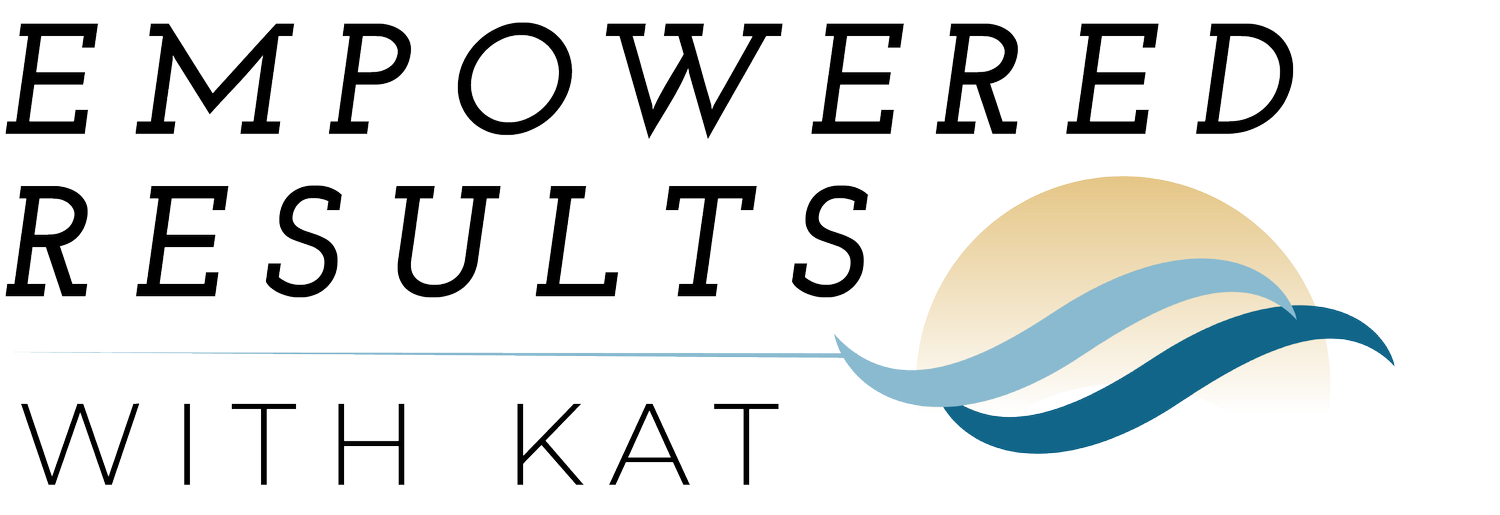Career “Events” and Resiliency
The topic is “resiliency.” Specifically, resiliency along your career continuum.
Most people's careers span anywhere from 10 years to 50 years, maybe even more these days. And at many inflection points across that continuum, there are challenges that arise that really require professionals to muster up real resiliency, strength and courage from within.
So, what is resiliency? At its core, being resilient is the ability to withstand adversity and to bounce back from difficult events. It does not mean that those events aren't stressful, challenging, maybe even painful; or that they don't create some sense of chaos in our lives.
Resilience is not the absence of stress – it is the will and ability to persevere despite those challenges, to bounce back and maybe even come back stronger.
There are no shortage of different points in one's career that create the need for greater resiliency. Here are some examples – and no, it is not an exhaustive list!
There are good days and bad days in our jobs. When there's an occasional bad day, that might require finding ways to remain steadfast and resilient.
Feeling stagnant / lacking challenge in your current job, is an instance to muster up some courage to persevere while pursuing alternative options.
Experiencing a change in management (direct or otherwise,) can be challenging – especially when the management style(s) are quite different than what one has experiencing previously.
Perhaps you feel you have made a misstep, a mistake, or some other type of “bad” career move. Waiting that out / taking steps to “correct” it requires determination and resiliency.
Being impacted by a layoff, or by a merger or acquisition, can be pretty challenging and signal some potentially significant changes to come – especially if unexpected.
Getting rejected for a promotion, or for a job that you felt really qualified for can seem crushing. The ability to learn from that, and move forward, is critical to longer term career success.
Some professionals are perfectly happy where they are but are assigned to a really challenging and lengthy project or new client; that can create new sources of stress.
The thing about these examples is that they are points in time, and they are temporary.
Remember that a lot of people have careers that span 40 or 50 years, maybe even longer. Along the way, some career challenges last longer than others, but they are all temporary.
You might be asking yourself: While all that is nice, Kristen, how the heck do I do that???? How do I become a more resilient person?
Here are some suggestions -- the important thing is to find which ones or one work best for you. It's not a one size fits all kind of situation. Think about them, mull them over a little bit, do some reflection, maybe try some out on a sort of trial and error basis and figure out what works best for you.
1. MINDSET: What we tell ourselves is our reality. There is ALWAYS a way-forward, even when it seems unclear. So, when one experiences challenge in their career, focusing on possibilities, solutions, and opportunities - rather than the problem – makes a huge difference. Having a solution-oriented mindset is really important; consider having a daily mantra that's all about overcoming obstacles.
2. YOUR RESILIENCY TOOLBOX: Where does your positive energy come from? Does it come from inside or do you require more external motivation to have energy to persevere through challenging times? Think about that before you decide what your toolbox contains. Innate energy may come from journaling, meditation, some kind of physical activity, and certainly sleep is a big factor. For somebody who gets energy from external sources, their support system (professional network, friends, family, community, professional providers like a therapist or a coach) is incredibly useful to sustain one’s outlook.
3. ENVIRONMENT: Your physical surroundings such as your office space, whether a home office or an “office” office make a difference. Any way to have some natural light or the ability to occasionally get some fresh air through a window or by stepping outside even for a moment also has an impact on resiliency. Another aspect of environment is the people that you surround yourself with. Who are you spending your time with at work and outside of work and what type of energy do they emit? The “positivity factor” is huge.
4. TIME MANAGEMENT & BALANCE: Finding some balance between what is creating challenge for you and your career, and what it looks like to find more peace…. It is not an all or nothing equation. In life, there is always a combination of challenge and non-challenge. Reconnect with what is important to you by creating routines or structure. For example, boundaries with the hours for responding to emails / calls; or routine around time to go to the gym; maybe blocking time to work on “x” project vs some other aspect of your job. Creating healthier habits can be part of balance, too. Prioritizing your time and efforts to make forward progress despite any stress or challenges you're experiencing, can be extremely empowering.
Need help identifying what works best for YOU to be more resilient in your career? I’m here to help so email me anytime. Meanwhile, best of luck as you go out there and crush your career goals!
